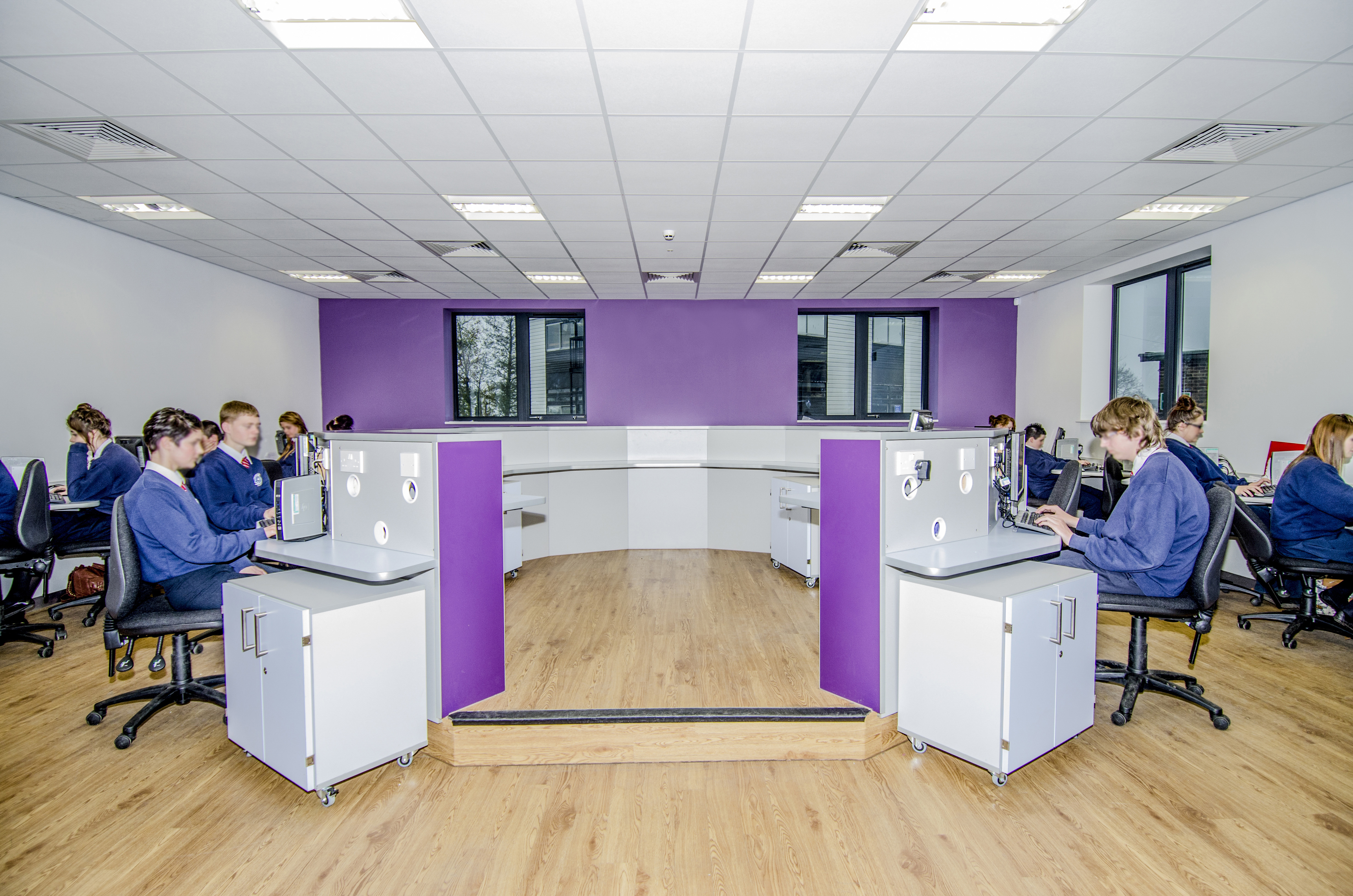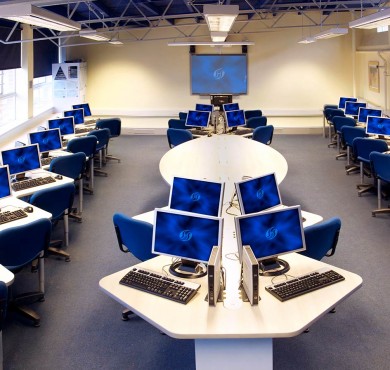Can Video Games have a positive impact on Learning?
Lack of exercise, increased aggression, bad habits and social isolation are just some of the negatives linked to excessive video game use among students, whilst the positives include such things as improved hand eye coordination, development of problem solving skills and an increased ability to multitask.
Putting pros and cons aside, it’s difficult to ignore the popularity of video games among younger generations. Millions of people across the globe now have access to a games console, and with technology advancing at an ever-faster rate, this number looks set to rise.
In some schools, video games are already being carefully introduced into the curriculum, leaving many experts questioning whether digital gaming can indeed have a positive impact on the way students learn and develop.
A recent study, commissioned by Learning and Teaching Scotland, found that console games offer a largely positive learning experience for pupils in schools – provided the game-based learning is properly planned and managed to produce the appropriate outcomes.

Drawing conclusions from teacher interviews, student focus groups and classroom observations, the study shows that game-based learning can produce a range of interesting educational benefits, including increased collaboration, creativity and communication among students.
The study also found that the introduction of video games in the classroom is bridging the pupil and teacher gap in a unique way: some teachers reportedly sought guidance from pupils on how to operate new technologies, whilst students felt they were more in control of their own learning whilst participating in game-based learning. Both of these findings suggest that video games are shifting the landscape of the classroom, creating a collaborative and creative space for teachers and pupils alike.
But what type of video game is deemed appropriate for the classroom? And how can teachers effectively monitor the learning and development of students exposed to game-based learning?
A second study, conducted by the A-GAMES Project of the University of Michigan and New York University, questioned exactly what features a video game must have to make it an effective form of study in the classroom.
Jann Plass, professor at NYU’s Steinhardt School of Culture, Education and Human Development,said: “Games designed for learning, especially for learning in schools, require features that differ from those in games for entertainment. The design of such features requires a deep understanding of classroom practice. Our study sheds light on such practices and features and it reveals the extent to which existing features are useful”.

So just what is it that makes a video game appropriate for the classroom? The A-GAMES study identified that the most successful games had the ability to track and record student progress, whether through dashboards, feedback systems or a screen capture function that allows teachers to pause, annotate and communicate with students during live gameplay.
Barry Fishman, a professor at the U-M School of Information and the School of Education, believes that games have an important role in engaging students – he said: “In order for someone to learn something, they first have to be focused and pay attention.Our report is a call to the game development community about where they might focus next to make educational games even more useful”.
Over the past decade, millions has been invested in the development of digital and online gaming for education. With the potential for digital media education still relatively untapped, it’s hoped that game-based learning will continue to innovate and change the way students learn and develop in the classroom.
Contact
Innova Design Group can help you create classroom interiors that provide the perfect environment for learning. If you’d like more information on how we can help your school, college or academy, contact our experienced team today on 0161 477 5300 or browse our case studies.





